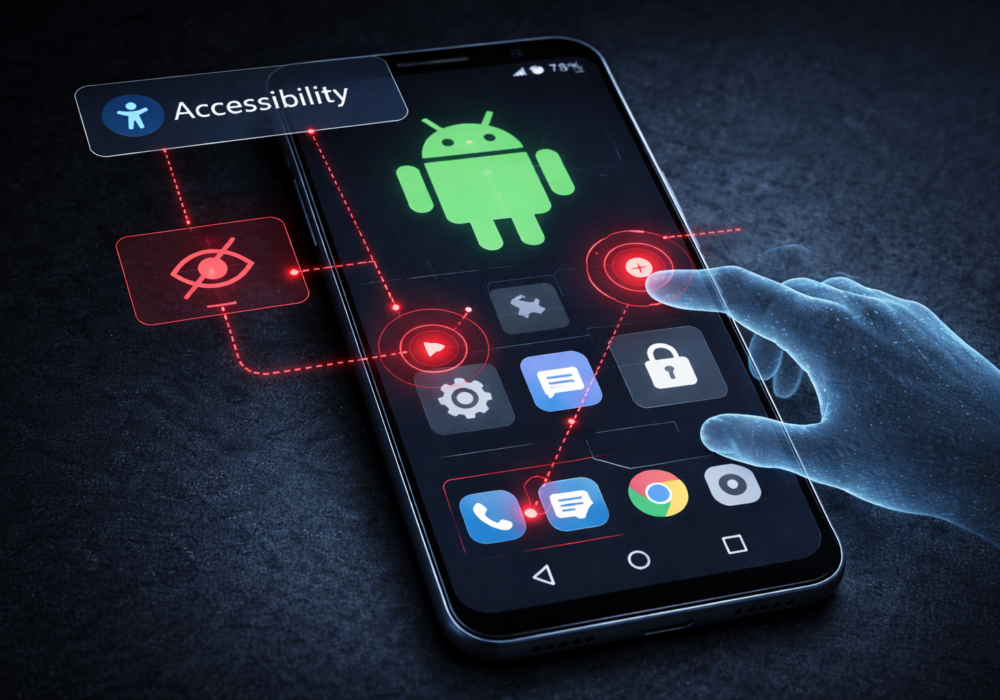Since Instagram’s official launch in 2010, it’s seen more than 1 billion accounts opened with users sharing close to 100 million photos every day. Instagram’s popularity skyrocketed since its launch due to it being a social network like no other, offering a unique visual twist. Unlike Twitter and Facebook, Instagram was built around the sharing of images and videos. The platform has become part of people’s daily lives, as they use it to communicate and engage with their friends, and family. Many businesses and individuals (influencers) now use the platform to make money in a variety of ways.
Unfortunately, Instagram isn’t all happy videos and photos, showing off your new gear, or bragging where you’re out eating dinner with your friends. Sadly, the popularity makes it an ideal place for cybercriminals to operate large-scale scams. This form of scamming has worsened over the past year, with the BBC claiming in January of 2021 that Instagram fraud reports have increased by 50% since the pandemic began in March 2020.
As our digital lives continue to grow, and online scammers learn new tricks, it is important to know how to identify each of the Instagram scams listed below. Read on beyond the scams to learn what to do if you are targeted.
According to Instagram, listed below are the eight most common scams to watch out for:
Cybercriminals try to get access to your Instagram account by sending you a suspicious link, either as an Instagram direct message or via email, where you are tricked into putting in your username and password at a fake login page. Once the crooks have your login details, they can access your personal information and even change your password to lock you out of your own account.
Fake Instagram “warnings” have been widespread lately, like ones shown below pretending to be official copyright infringement warnings from Instagram itself:
Always delete message requests like those shown above without opening them or clicking on any links or buttons in them.
Criminals are taking advantage of the rise in influencers on social media to exploit influencers themselves. These scammers pretend to be an established brand and offer influencers an advertising deal. If the influencer is unlucky enough to believe that deals they’re receiving are legitimate, they may hand over their personal banking details in order to be “paid” by the brands.
Not all Instagram scams are quick and simple. Some adversaries go to great lengths over long periods of time to trick their victims. Romance scams are where cybercriminals enter into fake online relationships, often speaking with their targets for weeks, months, or even years to earn and then to abuse their trust. Once the target is locked in, the scammer starts asking for money for a critical emergency, to recover a visa, fly home from abroad, and more.
Avoid sending money to someone you have never met face-to-face. Identify their true self by requesting an immediate selfie taken with a unique word or phrase you give the other person. If they balk, end the relationship immediately.
Instagram influencers often hold sponsored giveaways featuring limited-time promotions in which brands offer free products or services to a few lucky winners. These giveaways are often valid, giving followers the opportunity to win designer clothes, expensive laptops, AirPods, etc. Unfortunately, scammers will impersonate trusted influencers and inform you that you have won the giveaway but in order to receive the prize, you need to pay a “shipping fee” or provide personal information that they can then use for illegitimate purposes.
With these scams, cybercriminals send you a direct message offering a loan with a great interest rate. All you need to do to secure this fantastic offer is pay a deposit. Of course, as soon as you’ve transferred the funds; the offer, scammer, and your money all vanish.
These scams encourage you to invest in a dodgy “get rich quick” or “cash flipping” scam. Again, when you hand over your money the scammer disappears, and so do your funds. Scammers often pose with expensive cars and designer clothes, claiming they’re “self-made” and became “rich” at a young age, in order to convince their victims to invest their money.
If it’s too good to be true, it usually is too good to be true.
Scammers use the lure of what sounds like an amazing job in order to trick you into sharing personal information, possibly details such as a home address, phone number, social security number, passport and immigration information, and scans of ID documents such as your driving licenses. These scammers are diligent even performing the job interview itself to lend credibility to the scam.
The criminals aren’t asking for your personal data to vet you for a job, they’re after your information so they can commit what’s known as identity theft, where they use your details to apply for loans, credit cards, and more in your name.
Credit card fraud often begins with an innocent-looking social media post offering “quick cash”, such as a contest that offers a huge reward. Click on the embedded link and you’ll be asked for your credit card information or your online banking credentials. Once scammers have managed to steal enough of your financial information, they’ll use your card details to make online purchases.
Here are CyberHoot’s top five tips for staying safe on Instagram:
https://www.youtube.com/watch?v=1cjt2Suf61Ahttps://www.youtube.com/watch?v=pGEAZdp0MAI
Source:
Additional Reading:
Discover and share the latest cybersecurity trends, tips and best practices – alongside new threats to watch out for.

And yes, Google's Gemini AI had no idea it was working for the bad guys. Malware has always followed a script....
Read more
Ransomware groups are not breaking in organizations the same way they did five years ago. The entry methods have...
Read more
If a Chrome extension promises to remove security pop-ups and generate MFA codes, that should make you...
Read moreGet sharper eyes on human risks, with the positive approach that beats traditional phish testing.
